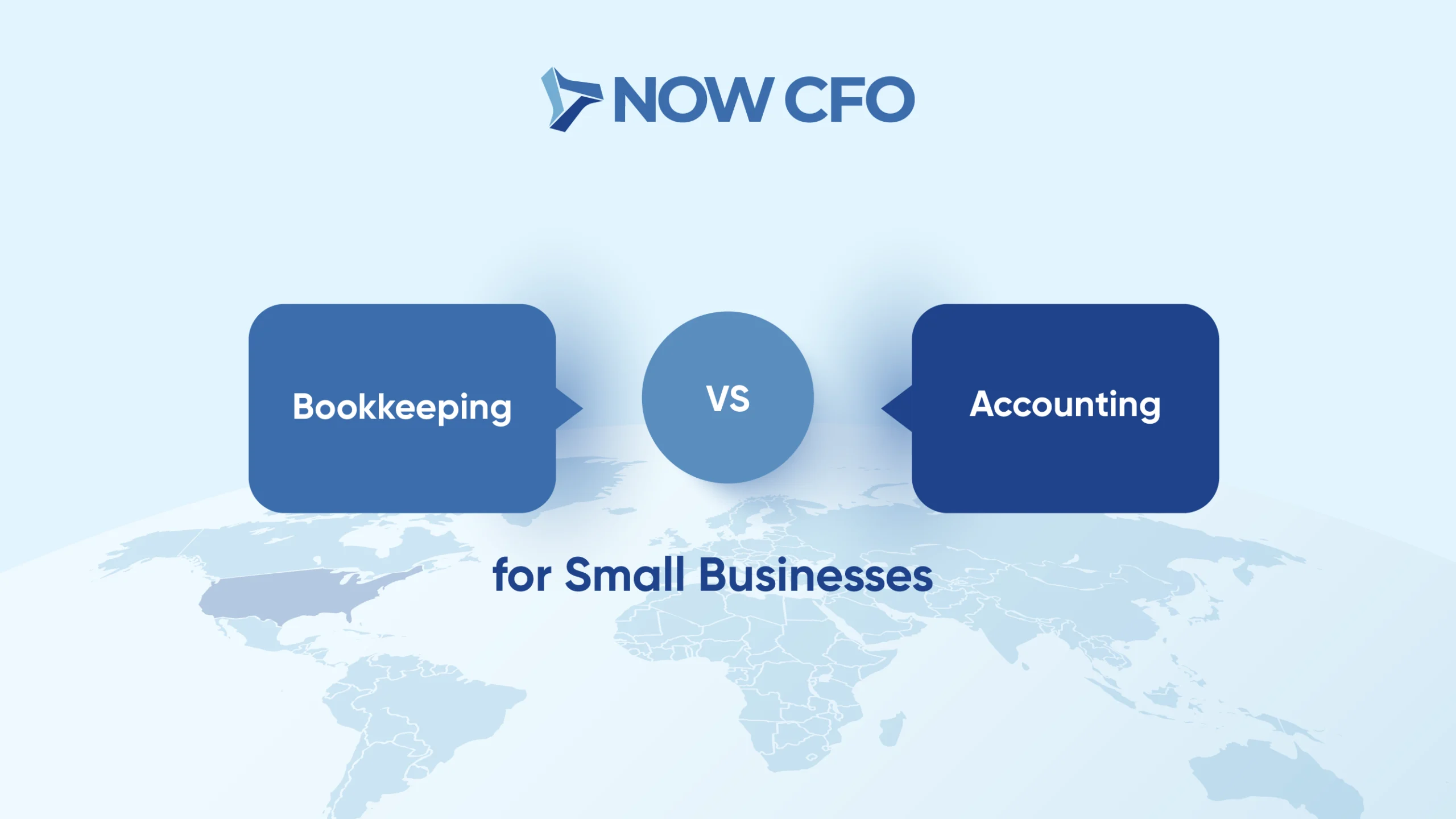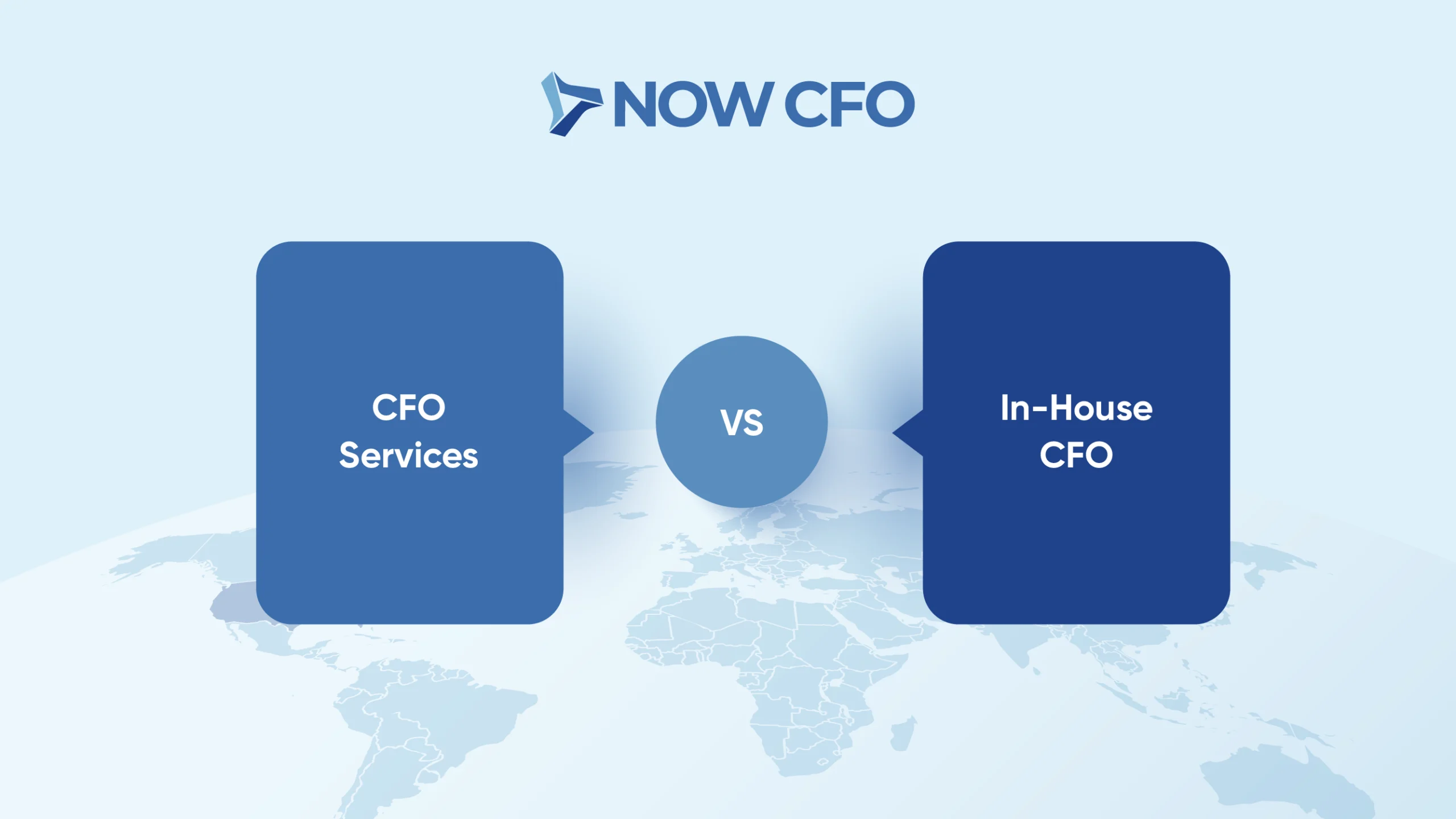
As your small business begins to grow into a mid-size business, every aspect of the company becomes more complicated. Manual processes and cash-basis accounting become less efficient, and the need to have more robust software, internal controls, and financial procedures becomes increasingly important. One factor that can make or break a mid-sized business is its financial planning, particularly for rapidly-expanding small businesses for which current practices are not supporting growth. Here, we’ll address general best practices for financial planning, which can be particularly useful to your business as we head into 2023.
What is financial planning?
Financial planning entails quantifying your business’ financial objectives, bringing visibility to current finances, and developing a plan to achieve those objectives. It similarly seeks to analyze the financial viability of the business to better inform business decisions.
Though your business’ specific financial plan will depend on factors such as size and industry, every business can benefit from implementing the following general principles.
Stay Up-to-Date on Financial Reporting
Financial reporting forms an important base upon which business decisions can be made. It’s crucial to have timely financial reporting; for example, closing out the month in a timely manner can help you obtain data to improve business performance in the next month. Additionally, there can be no financial analysis or planning without first having a strong foundation of reporting.
However, it’s common for businesses to fall behind on reporting, either due to turnover, rapid growth, or simply not having a team dedicated to accounting. Similarly, many business owners put off focusing on their reporting until an inciting event, such as a tax deadline.
If your business needs to catch up through reconciliation, or wants to prioritize financial reporting, contracting an outsourced financial consultant can help fill in the gaps. An outsourced consultant can help a business become caught up on their finances, working to reconcile historical data alongside an existing team that maintains day-to-day accounting responsibilities.
Utilize Financial Reports to Build Forecasts
Forecasting is one of the top financial planning tools that can help your business make informed decisions based on past performance, as well as more quickly adapt to changing market conditions. Solid forecasts project both business performance as well as economic factors, aiming to analyze through a short- and long-term lens.
A business first has to have financial reports and organized historical data in order to build forecasts. Once you have visibility into your historical and current financials, you can then build visibility into the future of your business. Implementing the creation of forecasts on a regular basis can help you better plan your next steps regarding operations, budgeting, sales, funding, and more.
Develop a Strategic Long-Term Plan
As your business grows, it’s crucial to look beyond the day-to-day operations and establish big-picture objectives. With a foundation of timely financial reports and insightful projections, you can then begin to develop a long-term plan for your business. A strong strategic plan should analyze and describe the following components:
- Overall mission and values
- SWOT (strengths, weaknesses, opportunities, and threats)
- Operational tactics
- Objectives and strategies
- Measurement methods
- Funding streams
Once you’ve determined the direction in which you want your business to head, you can break down long-term goals into short-term operational tactics. For example, if you are projecting to open additional locations or grow sales by a high amount, a short-term measure may be to invest in an ERP that can support larger operations.
Monitor Results
Monitoring results ties accountability to actions—especially in regard to employee expectations and the viability of the company’s objectives. It’s essentially futile to set financial goals without also having a tracking system in place. This could include:
- A regular cadence of employee meetings to measure progress and encourage accountability
- Continued financial reporting to have visibility into data
- Implementing a KPI-tracking software
The Four Disciplines of Execution, written by Chris McChesney, Sean Covey, and Jim Huling lays out a strong framework for setting and executing company initiatives. Specifically, their methods can help you to not only identify your “wildly important goals”, but also build a robust system to evaluate whether your company is achieving those goals.
Revisit Your Plan Frequently
Top-performing companies have both strong financial plans in place and a focus on remaining agile and adaptable when changes arise. It’s important to not only focus on financial progress, but to analyze how that ties into operational progress. For example, maybe your sales are increasing, but you don’t have the infrastructure to deliver your product or service in a timely manner on a larger scale.
With that in mind, taking your observed results and utilizing them to analyze your strategic plan can help you determine if your objectives are realistic or not. And, of course, revisiting your strategic plan allows you to take proactive measures when unforeseen circumstances arise.














